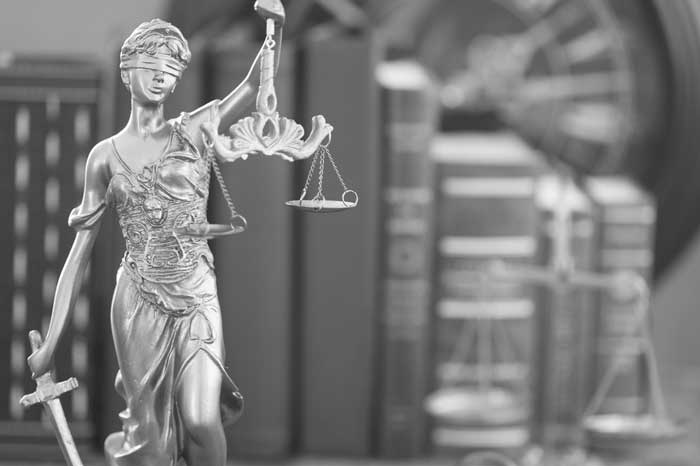
Feeding pigeons, playing bingo or eating while sitting on a monument, bizarre as they might sound; they are all things that many tourists have been found guilty of when on their holidays abroad.
When you book your dream trip overseas it’s certainly worth doing a little research into the area so that you don’t find yourself being the next tourist in hot water.
The British Foreign Office has warned that Britons booking foreign holidays without researching their destination risk being caught out by unfamiliar laws and more than a quarter of consular assistance cases were for arrests or detentions last year.
Though not appearing to be that serious from the outside some of these laws carry harsh penalties and are frowned upon by locals; not to mention the authorities.
Some of the more unusual laws to watch out for have been listed by the Foreign Office and include:
- In the Italian city of Venice it is against the law to feed pigeons.
- In Florence it is an offence to eat or drink in the immediate vicinity of churches and public buildings
- In Barbados it is an offence for anyone to wear camouflage clothing
- Topless sunbathing is prohibited in Fiji
- It is illegal to take mineral water into Nigeria
- Chewing gum is outlawed on Singapore’s Mass Rapid Transit (MRT) system
- Taking more than 200 cigarettes into Thailand is illegal
- In Japan it is illegal to use some nasal sprays which are commonly available elsewhere
In 2012 alone the Foreign Office dealt with 19,244 cases, including 5,435 arrests, which they were required to assist with. They have warned that it is vital for British citizens to familiarise themselves with the relevant rules as alcohol, drug and cigarette laws varied from country to country.
The greatest example of diverse drug laws is evident in the Netherlands. Though some areas are tolerant on the use of “soft” drugs, possession is still against the law and can result in arrest.
Charles Hay, director of consular services, said: “Every year British nationals find themselves on the wrong side of the law unexpectedly, resulting in fines or in some cases arrests or even jail sentences.
“It is important to remember that laws and customs can vary greatly from country to country and what may be perfectly legal in the UK could be subject to a fine or even a jail sentence in another.”
Mr Hay has warned that many Britons treated their passport as a “get out of jail free card” and feel that they cannot be touched by another country’s legal system when they are on holiday.
“While the Foreign Office will always try to help, we can’t interfere in another country’s legal processes,” he reiterated.
Written by journalist and blogger Matthew Crist on behalf of Minneapolis DWI lawyer Rivers Law.
Latest posts by Howard Iken (see all)
- The Military & Getting Rightful Benefits After Divorce - January 25, 2019
- What Chapter 7 Bankruptcy Can Do for You - August 21, 2017
- Ongoing Case Regarding Obama Amnesty Executive Order - January 17, 2016
- Big Change in Law Regarding Fight Against Opiate Trafficking - November 1, 2015